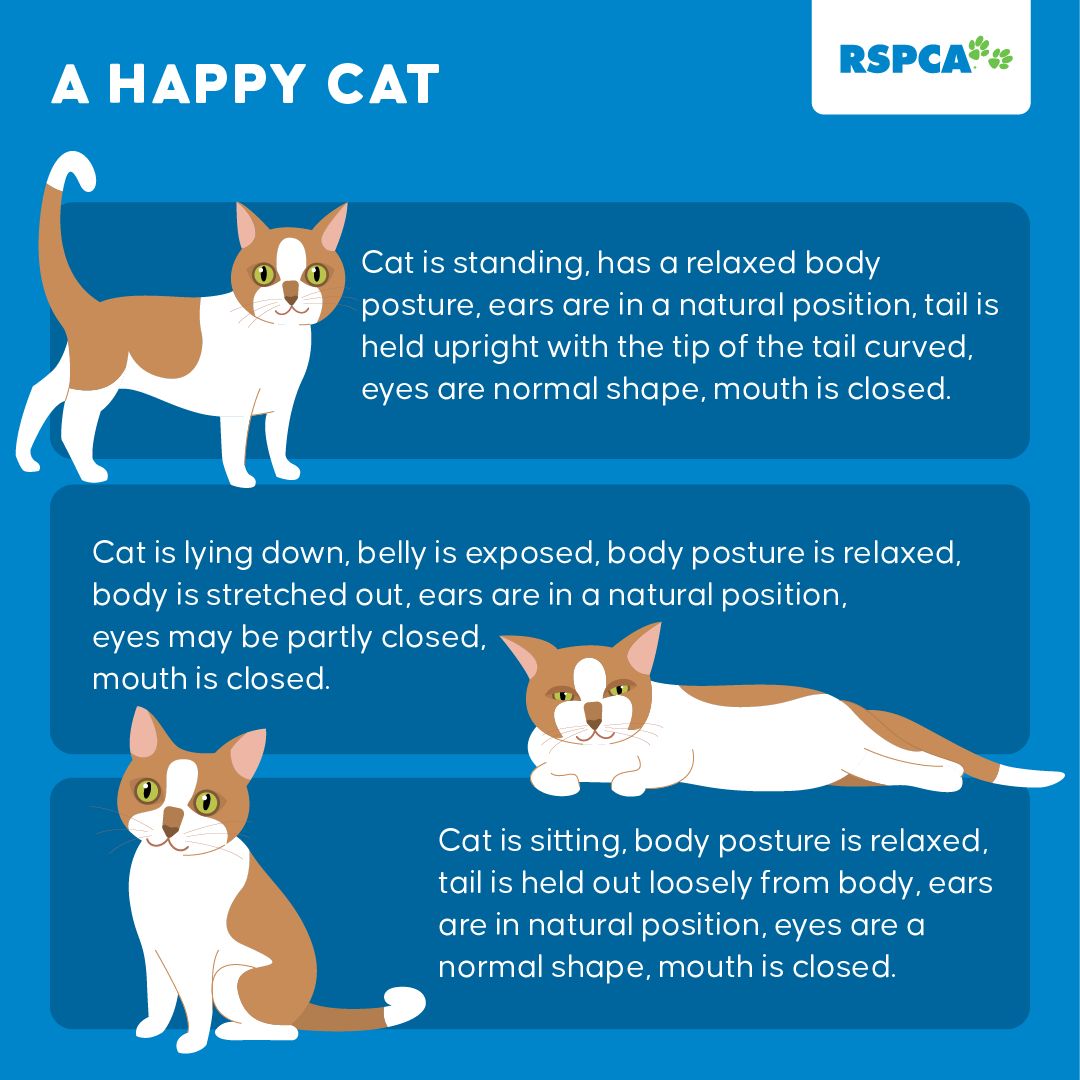Cao News Hub
Your daily source for trending news and informative articles.
Why Your Cat Acts Like a Tiny Tyrant and What to Do About It
Unravel the mystery of your cat's dominion! Discover why your feline acts like a tiny tyrant and how to restore harmony at home.
Understanding Your Cat's Royal Behavior: The Psychology Behind Feline Dominance
Understanding your cat's royal behavior is essential for any feline owner. Cats often exhibit a sense of superiority, which can be traced back to their wild ancestors. These solitary hunters relied on stealth and strategy, establishing territories and claiming dominance over resources. Today, you may notice your cat asserting itself as the undisputed ruler of your home, whether through strategic lounging on your favorite chair or demandingly meowing for attention. Recognizing these behaviors is the first step in understanding the intricate psychology behind feline dominance.
Moreover, while it’s easy to dismiss your cat’s behavior as merely quirky, it’s important to appreciate the underlying instincts that drive this royal demeanor. For instance, grooming rituals not only serve to maintain cleanliness but also reinforce social status among felines. When your cat grooms itself meticulously, it’s a display of self-sufficiency and confidence. Furthermore, understanding their body language, such as the tail held high or slow blinks, can provide insights into their mood and sense of authority within your shared space. By observing these traits, you can foster a more harmonious relationship and cater to your cat’s psychological needs.

Top 5 Reasons Your Cat Acts Like a Tiny Tyrant and How to Manage It
Cats are playful yet perplexing creatures, often resembling tiny tyrants in their homes. Here are the top 5 reasons your cat may behave as if they rule the roost:
- Instinctual Behavior: Cats are natural hunters and often display dominance through their actions.
- Territorialism: They have a strong sense of territory and may act out if they feel their domain is threatened.
- Attention-Seeking: Cats quickly learn that certain behaviors attract your attention, leading them to escalate their antics.
- Illness or Discomfort: Sometimes, a change in behavior can signal health issues, altering their temperament.
- Lack of Stimulation: Boredom can push cats to exert control over their environment in a mischievous manner.
Understanding these behaviors is crucial for effective management. To keep your feline friend from becoming a full-fledged despot, consider the following strategies:
- Provide plenty of interactive toys to stimulate their hunting instincts.
- Establish a consistent routine to help them feel secure in their environment.
- Engage in regular play sessions to reinforce your bond and redirect their energy.
- Ensure their health is monitored regularly with vet visits to rule out any underlying issues.
- Create a multi-level environment with climbing structures and hiding spots to curb their territorial behavior.
Is Your Cat a Tiny Tyrant? Signs of Feline Overlordship and Solutions
If you’ve ever found yourself bending to your cat’s whims, you might be wondering: Is Your Cat a Tiny Tyrant? Cats can certainly display behaviors that suggest they’ve appointed themselves as the rulers of your household. Look for signs such as persistent meowing when demanding attention or food, strategic positioning to block doorways, or the infamous ‘pouncing’ on your laptop keyboard. These behaviors not only assert their dominance but also remind you whose territory you occupy. Cats may also exhibit possessive behaviors, like guarding their food or toys, which can further reinforce their role as the overlord of the home.
Fortunately, understanding these quirks can help you reclaim your role as the true master of the house. Start by establishing clear boundaries and respecting your cat's space while gradually increasing interactions on your terms. Implement structured playtimes and reward positive behaviors with treats, which can create a more balanced relationship. Creating engaging environments with stimulating toys and perches can also divert your cat's energy from domineering behaviors, helping them feel secure without needing to overtake your domain. Remember, a little understanding and patience can go a long way in keeping your feline in check.